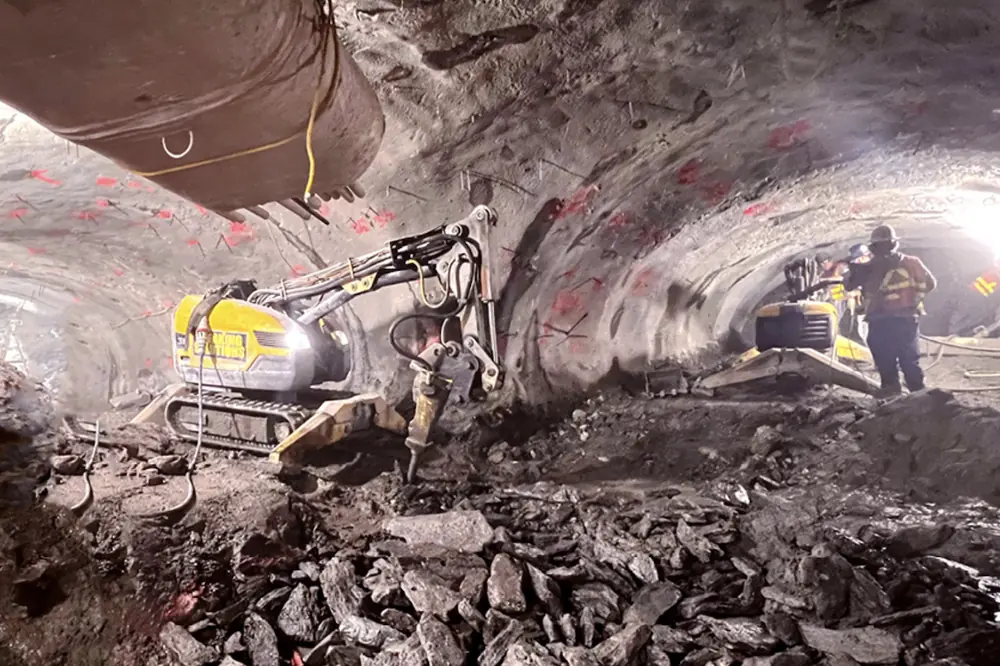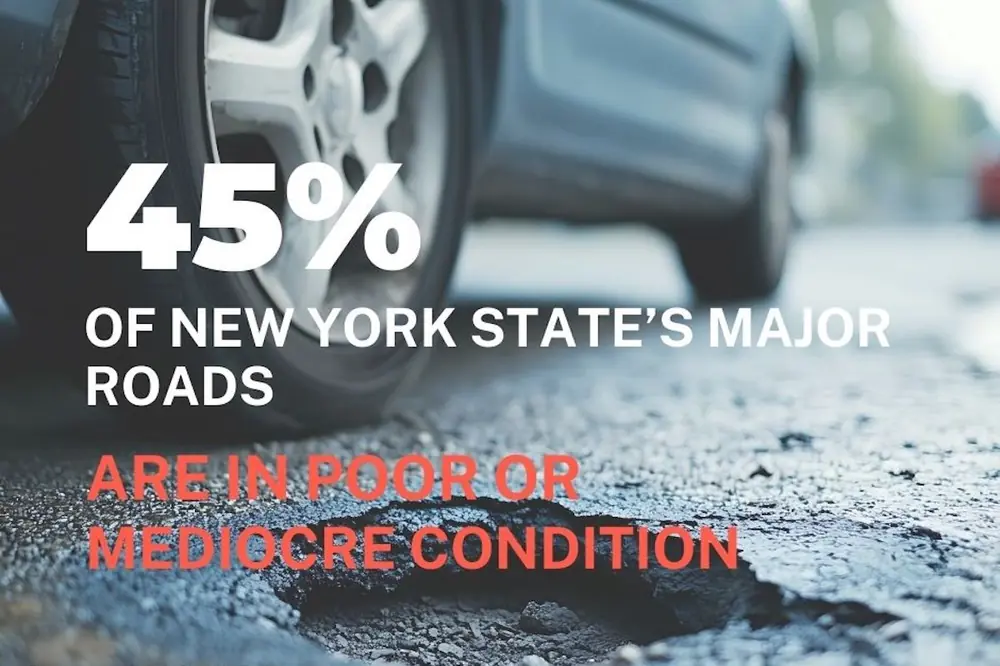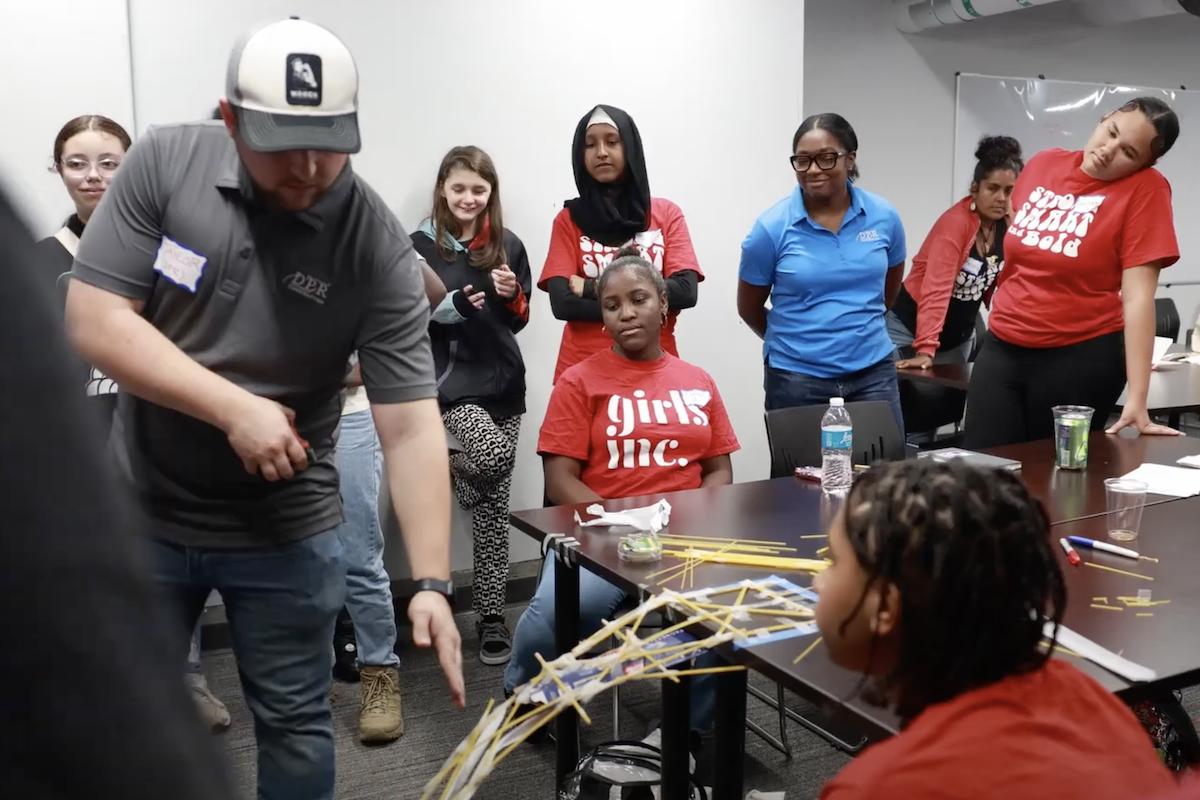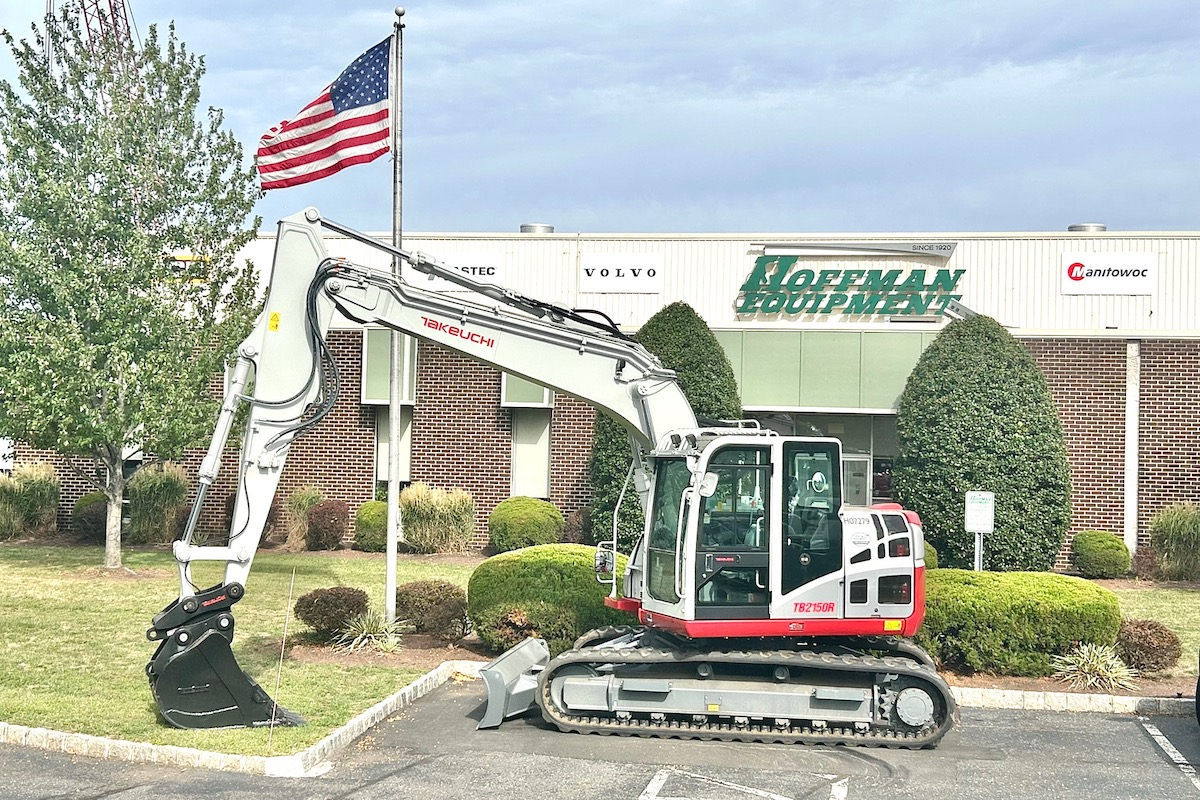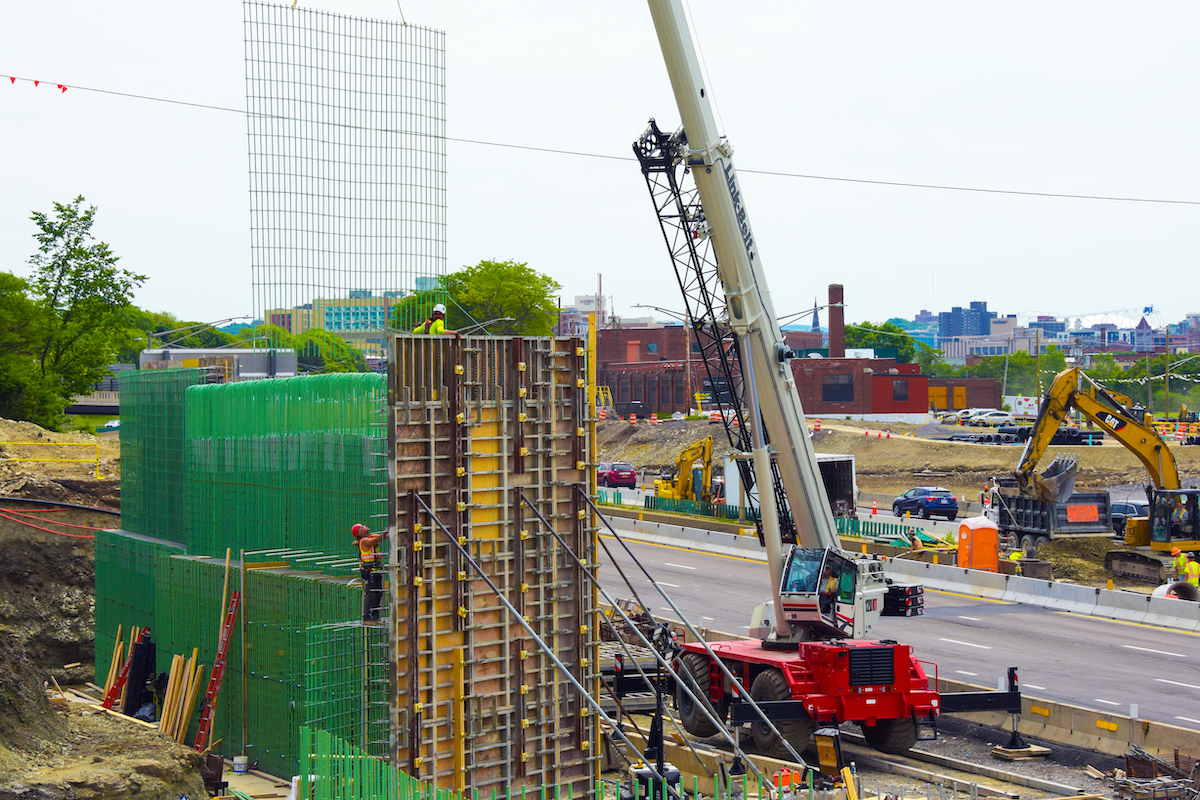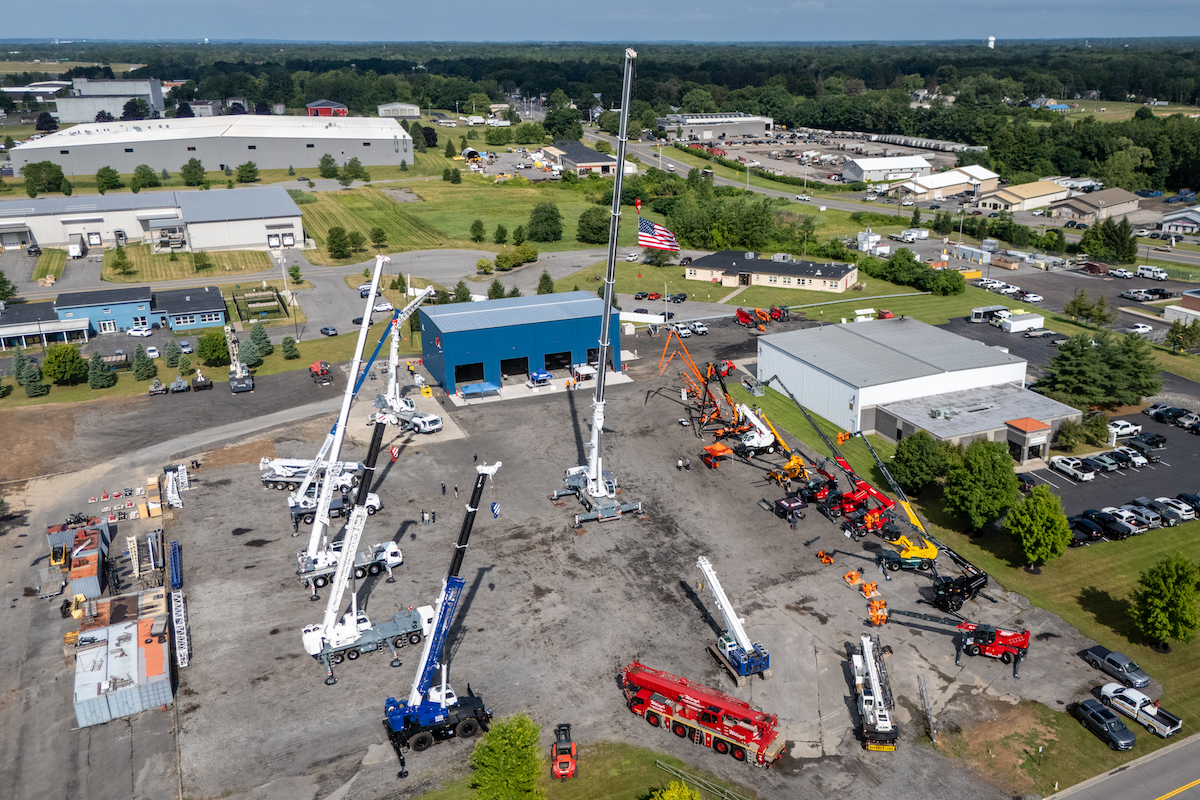In simple terms, stress is a legacy from prehistoric times. Early humans faced a never-ending array of threats from wild animals, other people, and the environment, so their brains adapted to make sure they were protected. When a potential threat appeared, their brains produced hormones such as adrenalin and cortisol that increased heart rates, quickened breathing, and concentrated focus on dealing with the threat, whether that involved fighting back or running away.
Thousands of years later, our brains continue to respond to stressful situations in the same way. Instead of wild animals, the triggering events might be a traffic jam on the way to work, an argument with a co-worker, or a situation in which we’re asked to perform a dangerous task. As our brains register the threat, they produce those same stress hormones, preparing that fight-or-flight response.
In addition to threats such as dangerous situations, stress also results from difficult life events, such as the illness or loss of a loved one, moving, relationship problems, or changing jobs. We don’t always notice that our bodies are preparing us to deal with danger. In fact, stress can be helpful in some situations, giving us an extra boost when we’re tackling a new challenge.
Stress may stay with us after we clock out, leading to problems sleeping, feelings of anxiety in our everyday lives, and difficulties in our personal relationships. Many people try to combat stress by self-medicating with alcohol, drugs, and tobacco, which may lead to additional problems (and even more stress). Long-term stress can also lead to depression and other psychological conditions that impact workplace behavior.

| Your local Trimble Construction Division dealer |
|---|
| SITECH Allegheny |
| SITECH Northeast |
| SITECH Allegheny |
| SITECH Northeast |
Even more concerning is the effect of stress upon our health. In the short-term, stress can lead to headaches, stomach problems, and muscle tension. It can impair our immune system, making us more likely to become ill. Longer-term exposure to stress can contribute to conditions such as high blood pressure, heart disease, obesity, and diabetes.
Sometimes, stress can be triggered by the jobsite. For example, a particular jobsite or task area may be unusually noisy. Taking measures to control the noise or ensuring workers use hearing protection may alleviate the noise and reduce the inherent stress. Tasks that are designed to be highly demanding may also contribute to stress and can be addressed by changing the nature of the task or the number of workers assigned to it. Interpersonal conflict can be another contributor, particularly when some workers exhibit bullying behaviors.
Increase Awareness
Provide basic training about stress and its symptoms to supervisors and workers. Encourage them to reach out to co-workers who appear to be struggling, and make sure everyone understands that stress is a normal physiological reaction and not a sign of weakness.
Speak Up
When a supervisor notices a worker who appears to be experiencing a higher-than-normal level of stress, taking the worker aside to ask about their well-being demonstrates concern and compassion. The supervisor may be able to modify the day’s tasks or steer the worker toward resources.
Employee Involvement
When workers contribute to decision-making and believe they have a voice in shaping the workplace, they’re generally happier and less susceptible to stress. Surveying workers about issues on the site may be an excellent way to identify factors creating stress. If the scope of the jobsite makes individual involvement difficult, consider creating a committee to represent the workers on the site.

| Your local Trimble Construction Division dealer |
|---|
| SITECH Allegheny |
| SITECH Northeast |
| SITECH Allegheny |
| SITECH Northeast |
Mandate Breaks
Regular breaks in the workday give workers a chance to catch their breath and rest, renewing their energy for the tasks that follow. Encouraging workers to use vacation days and other days off as a way to relax and renew can also be beneficial.
Access to Services
You can arrange for workers to have access to mental health services through your Employee Assistance Program (EAP) or directly. You could even invite a mental health professional to deliver a toolbox talk on ways to manage stress or basic wellness techniques such as breathing exercises, yoga, and meditation.










